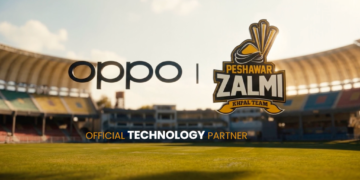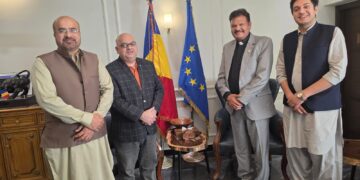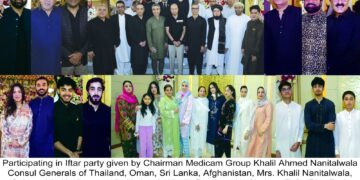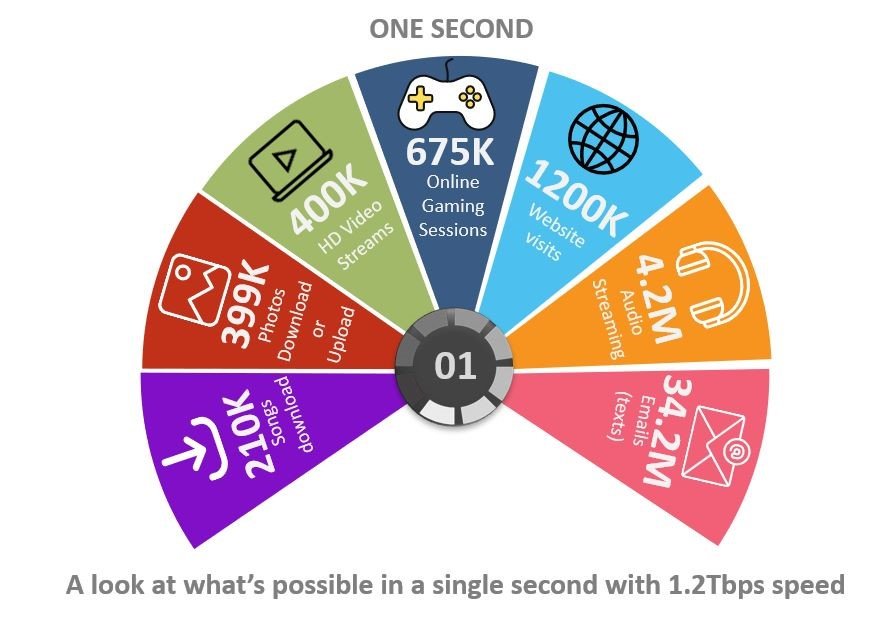Pakistan’s healthcare system by adopting modern-day techniques and innovative technology, may serve the masses in a much more efficient manner, said healthcare and technology experts while sharing their views during a panel discussion on “Evolution of Healthcare & Education in Pakistan.”
Experts at the panel discussion organized by the Karachi Council on Foreign Relations (KCFR) in collaboration with the Swiss Asian Chamber of Commerce (SACC) at Pakistan’s Pavilion of World Economic Forum in Davos urged the authorities to establish a National Electronic Health Record (NEHR) to provide medical officials access to patients’ medical history whenever they seek medical assistance.
Eminent healthcare and education experts including Dr. Linda Zangwill, Professor at University of California, Ali Shah Asani, CEO iPath, Dr. Huma Baqai, renowned educationist & Senior Vice Chairperson KCFR, along with Marc Siegel, world’s leading supply-chain expert discussed basic facilities in the healthcare and education sectors of Pakistan.
Expressing his views on the use of modern technology in the public health sector, iPath CEO, Ali Shah, said that using innovative information technology could improve the performance of health sector manifold.
He briefed the audience about projects led by his team including the United States. Ali shared some interesting facts and their impact on patients’ care by saying that the lack of Healthcare Data Interoperability and Interchange on sharing patients’ medical records across other caregivers not only increases costs but prolongs their miseries as well as risks their lives.
He said that it had been very difficult for patients in the United States to get access to their medical records from their doctors, and even healthcare networks lacked sufficient means to share medical records of patients with other healthcare facilities. The problem is amplified if a patient is attended by different healthcare providers across various sites as per specialty.
In such a situation, Ali Shah said that his team launched a Patient Health Record Integration Platform enabling Healthcare Data Interoperability and integration of medical records in a centralized view stored across various Healthcare touch points during patients’ lifetime. Since the doctor has access to complete medical history of patients, it helps them in accurate diagnosis, saves decision time in critical situations and saves costs. The patient might save money by avoiding the repetition of same tests on instructions of his/her new doctor due to unavailability of previous record, while having a detailed and ready-to-observe medical history also saves time.
Ali Shah urged the authorities in Pakistan to establish a NEHR for efficient healthcare services. He said that such systems can link healthcare records to the CNIC of every citizen and be made accessible to healthcare providers so that every citizen of Pakistan might avail the benefits across the country.
Dr. Linda Zangwill shared her valuable thoughts on this occasion by saying that modern day technologies might become a savior to humanity.
She said that developing countries by using technologies like Artificial Intelligence were improving their healthcare systems and huge investments were being made in such areas.



















